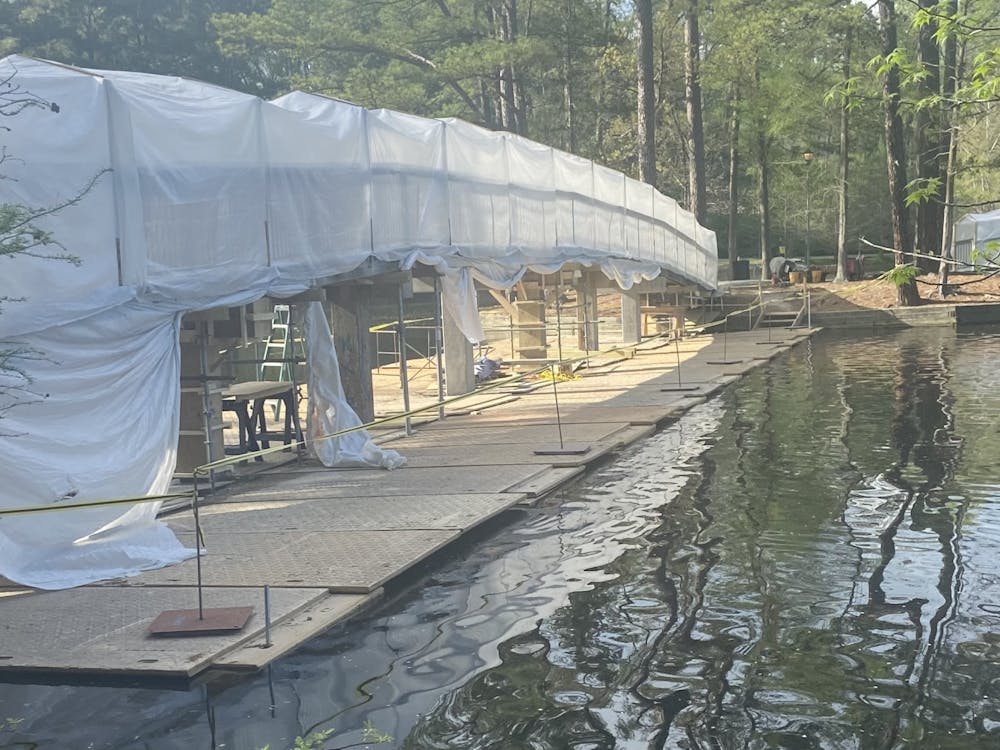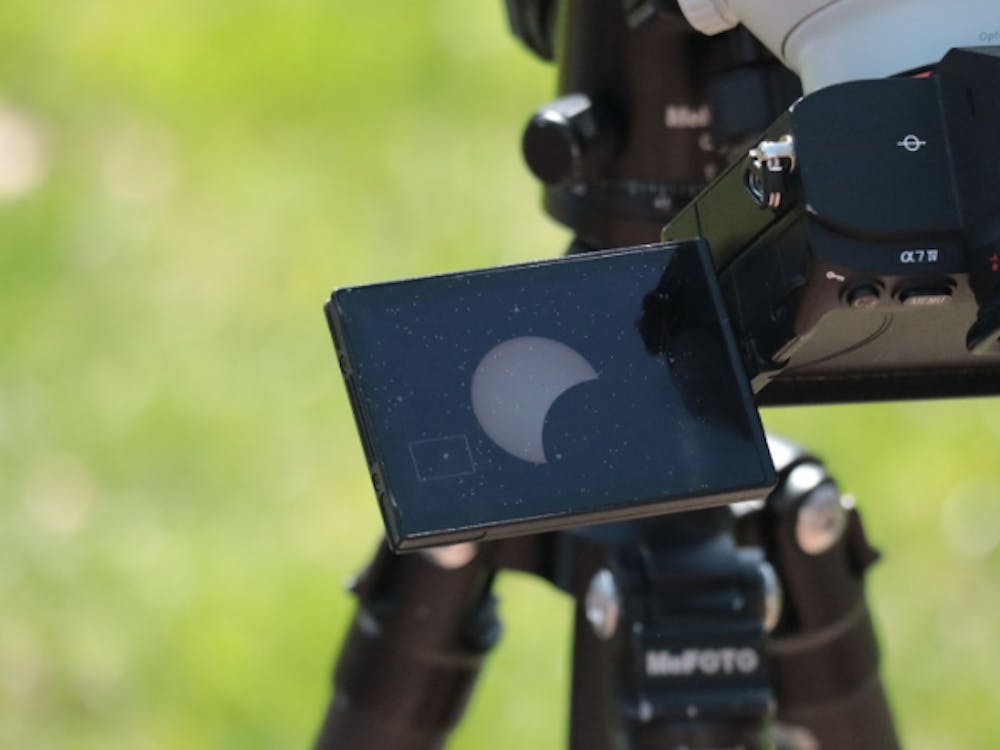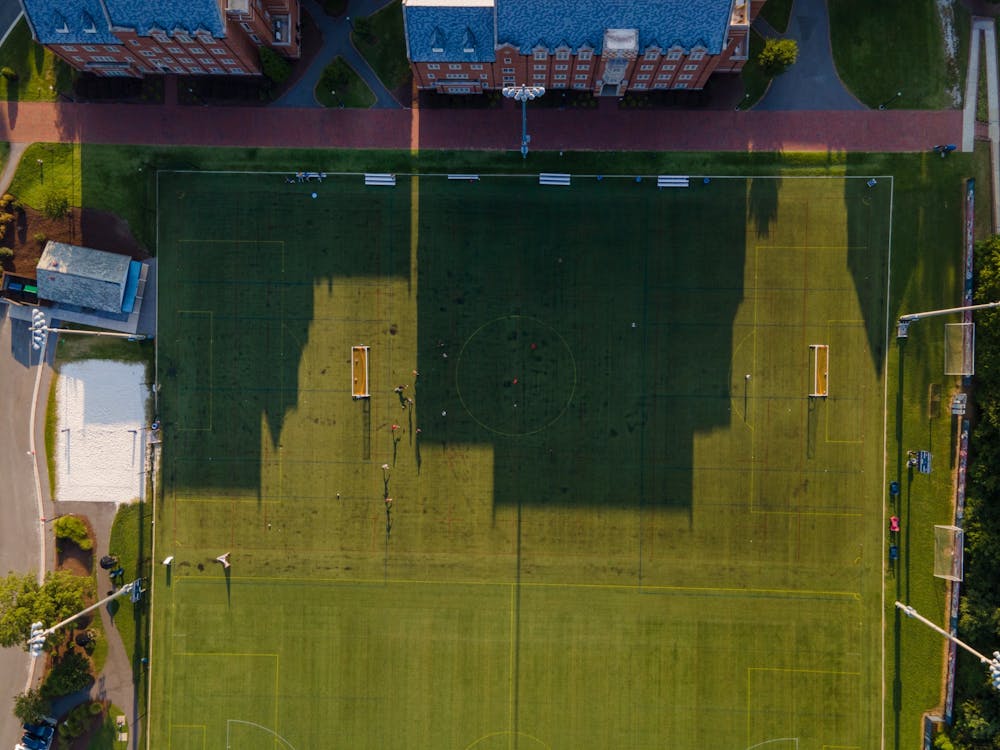Members of a University of Richmond student panel presented their compilations of research and firsthand experiences about social injustice and civil rights legacies on Jan. 18.
Junior Katherine Schmidt, senior Katherine Blanchard and sophomore Jamaica Akande, supervised by Melissa Ooten, spoke before about thirty members of the campus community on Tuesday.
Senior Jimmy Young, a Bonner Scholar, opened the Social Change Roundtable, which occurs about six times annually. The series focuses on "discuss[ing] a particular theme involving social justice," Young said. Tuesday's theme, "Many Paths to Social Justice" was sponsored by the Bonner Program and WILL, and focused on the concept that Martin Luther King Jr.'s pursuit of social justice is yet incomplete.
Schmidt screened a digital story.
"We were struck by the visual signals used to communicate social barriers," she said. She showed a sequence of black and white photographs, newspaper clippings and flashes of factual text. The harmony of black spirituals accompanied shots of a row of blacks at a lunch counter, the smoke billow of a burning bus, Martin Luther King Jr. with his hand raised and sidewalk episodes of police brutality.
Schmidt said the photos circulated throughout America and triggered "a national push against this violence, and push towards progress."
According to the projected slides, "[t]he publication of these photographs eventually led to the passage of the Civil Rights Act of 1964."
Blanchard focused on her research with the KIDSCOUNT National Data Center, which provides data and information on the well-being of children in Virginia. According to her Power Point, 14 percent of children in Virginia live in poverty.
Blanchard, who interned with the nonprofit organization Voices for Virginia's Children, said she was interested to find that poverty was more concentrated in the rural parts of Virginia than in the urban areas. A major problem stems from low-income families, minority groups and disabled circumstances in these areas.
Akande spoke of her service learning within the Lesbian, Gay, Bisexual and Transgender (LGBT) Rights community in Virginia. Her information targeted the state's politicians, who embody the current laws that do not enforce same-sex marriage privileges, anti-discrimination in the work place and hate crime legislation.
"These are the people who are leading us ... and it affects our lives," Akande said.
She commended the open mindset of her campus community, which supports Lobby Day, when legislation is pushed to be passed, the annual Day of Silence and an LGBT panel for faculty and staff.
Enjoy what you're reading?
Signup for our newsletter
"It means a lot to us when people actually participate," Akande said.
What is Akande's driving force behind her LGBT and general social justice involvement?
"Martin Luther King, I believe, would want us all to be treated fairly," she said.
Akande's parting words emphasized small-scale social improvement with people simply being aware of their language usage: "You don't know how much you can change a person's life just by being there, smiling, lending a hand."
Contact staff writer Katie Toussaint at katie.toussaint@richmond.edu
Support independent student media
You can make a tax-deductible donation by clicking the button below, which takes you to our secure PayPal account. The page is set up to receive contributions in whatever amount you designate. We look forward to using the money we raise to further our mission of providing honest and accurate information to students, faculty, staff, alumni and others in the general public.
Donate Now


